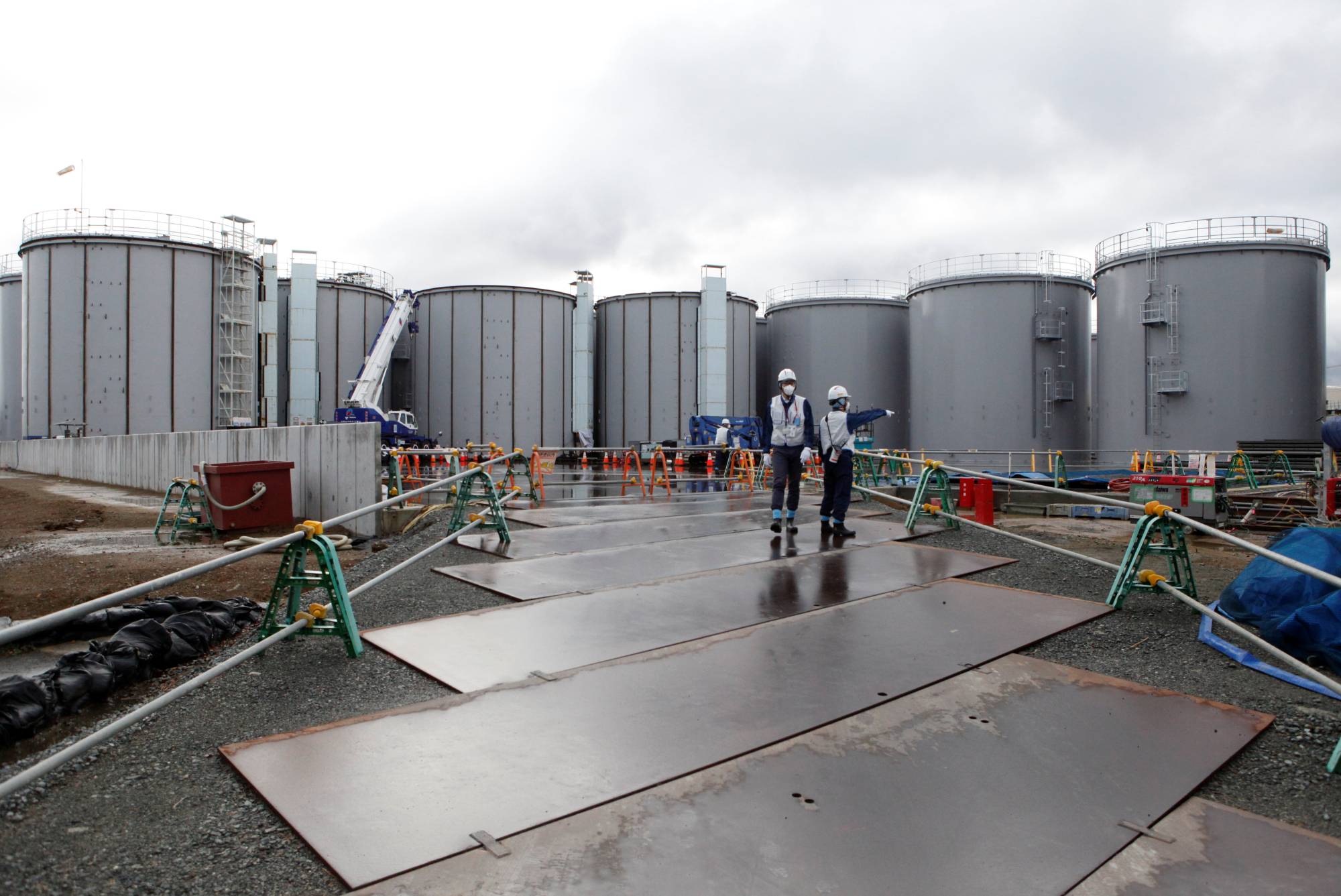Last month, the world marked the 51st Earth Day. This year’s theme — “Restore Our Earth” — was apt. As the COVID-19 pandemic has reminded us, the effects of human activity on the planet do not respect borders. The Earth is a single living, self-regulating system, and it demands a single, shared system of accounting that balances at the global level. We need a one-Earth balance sheet.
In a 1946 telegram, Albert Einstein pleaded for funding to finance the “life-and-death struggle to harness the atom for the benefit of mankind and not for humanity’s destruction,” arguing that a “a new type of thinking is essential if mankind is to survive and move toward higher levels.” The same can be said about the environmental crisis humanity has created. Surviving it, and achieving a better, more sustainable future, requires “a new type of thinking.”
The old type of thinking produced a policy framework based on the nation-state. Policymakers consider the material impact of their actions on the local population, as measured by quantitative economic indicators like GDP. The United Nations System of National Accounts — devised in 1953, updated in 1993, and reaffirmed in 2008 — emphasizes the measurement of flows, such as income, expenditure, imports and exports.
















With your current subscription plan you can comment on stories. However, before writing your first comment, please create a display name in the Profile section of your subscriber account page.